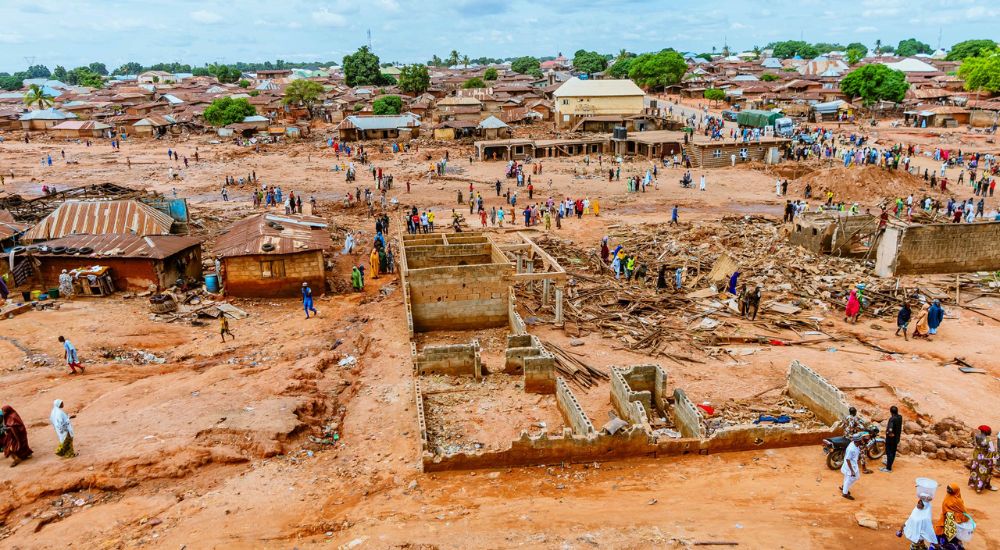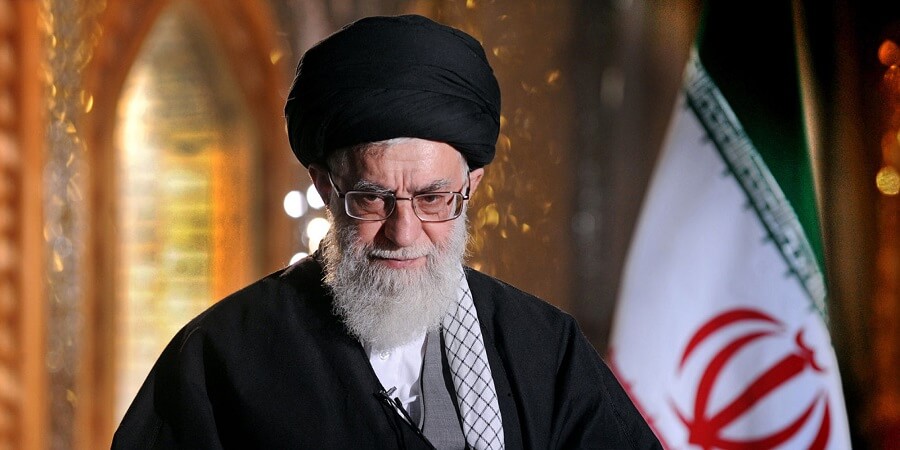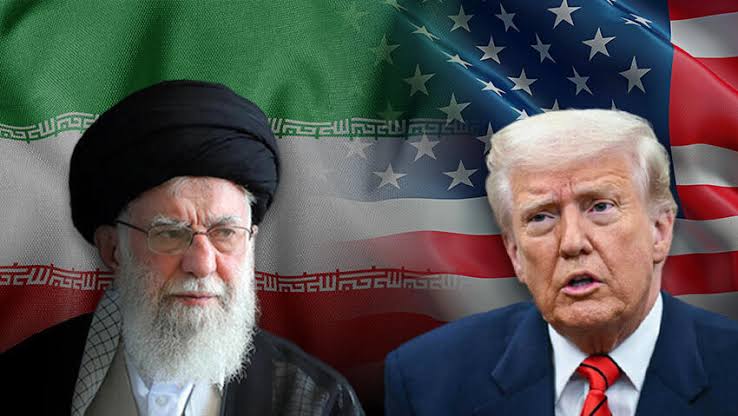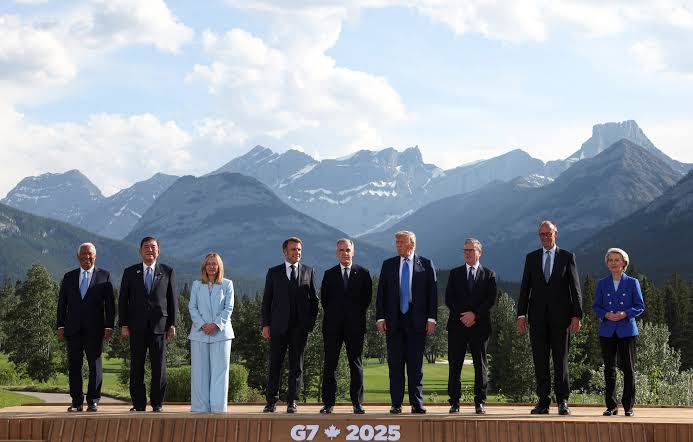Iran Leader Picks Successors In Case He’s Assassinated
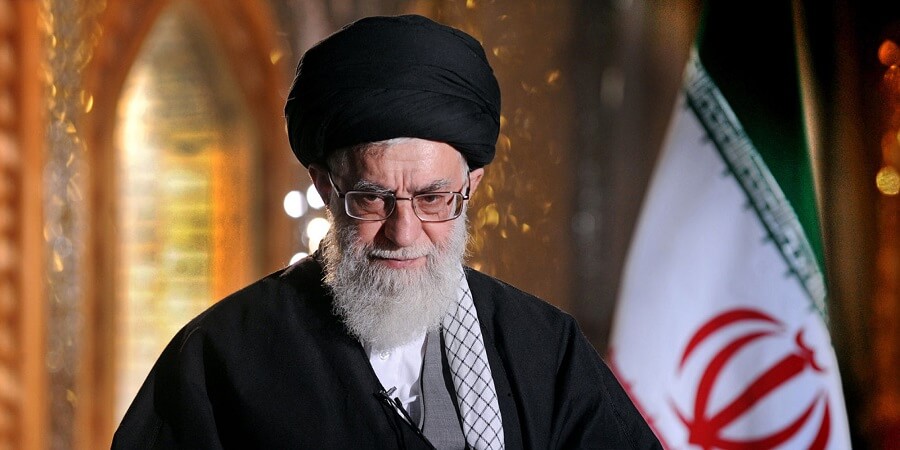
Iran’s Supreme Leader Ayatollah Ali Khamenei has reportedly handpicked three potential successors and implemented a contingency leadership structure to ensure continuity in the event of his death amid an ongoing war with Israel.
According to Iranian officials who spoke to The New York Times, Khamenei, 86, is facing what insiders describe as the gravest moment of his decades-long rule. He is reportedly operating from a secure underground bunker and has significantly reduced electronic communication.
Three Iranian officials familiar with the plans said the Iran leader now communicates with military commanders only through a trusted aide to avoid being traced.
Khamenei, aware that he may be directly targeted, reportedly instructed Iran’s Assembly of Experts, the body constitutionally mandated to appoint a new supreme leader, to choose one of the three names he provided should he be assassinated.
According to the report, Khamenei has also appointed backups down the chain of military command in anticipation of further Israeli strikes targeting high-ranking officers.
Several key commanders, including leaders of the Revolutionary Guard, the army, and Iran’s emergency forces, were killed in the war’s opening days.
As per the report, the country’s Intelligence Ministry has directed senior officials to remain underground and cease all electronic communications, including cell phone use.
Though dissident outlet, Iran International, claimed Khamenei and his family relocated to a shelter in Lavizan in northeast Tehran, there has been no independent confirmation.
The issue of succession in Iran has traditionally been handled through lengthy and opaque deliberations by the Assembly of Experts.
However, with the Islamic Republic now embroiled in a direct conflict with Israel, Khamenei is pushing for a swift and controlled transition, should he fall.
Notably, his son, Mojtaba Khamenei, long rumored to be a potential successor, is not among the three nominees.
Mojtaba was previously considered a frontrunner, especially after former President Ebrahim Raisi, believed to be Khamenei’s heir apparent, died in a helicopter crash last year.
The Times also reported that despite sustaining significant blows, Iran’s political and military command structures remain operational, and there is no visible dissent within the leadership.
One Iranian official described the current strategy as ensuring “martyrdom with stability,” framing any assassination as a sacrifice, not a disruption.
The disclosure of the succession plan follows comments from Israeli Defense Minister Israel Katz, who declared that “Khamenei cannot continue to exist,” after a barrage of Iranian missiles struck Israeli targets, including a hospital in Beersheba.
Israeli officials have mostly stopped short of confirming direct plans to target the supreme leader, while U.S. President Donald Trump has reportedly vetoed assassination proposals from Israel for now.
Trump, speaking this week, said he is aware of Khamenei’s location but is holding off any strike “for now,” as he weighs whether the United States will directly join Israel’s assault on Iran’s nuclear infrastructure, especially the hardened Fordo facility.
Israel has continued its extensive military campaign against Iran’s nuclear programme, ballistic missile development, and high-level military personnel.
Iran has responded with over 470 ballistic missiles and around 1,000 drones targeting Israel, resulting in dozens of deaths and widespread injuries.
Among those targeted by Israel’s latest operations is the head of the IRGC’s Palestinian Division, accused of coordinating the October 7, 2023 Hamas attack on Israel.
Iranian parliamentary adviser Mahdi Mohammadi acknowledged the severity of Israel’s initial strike, admitting that “our senior commanders were all assassinated within one hour.”
Despite the heavy losses, some Iranian political figures argue the attacks have unified the country. Reformist politician Mohammad Ali Abtahi told The Times from the capital, Tehran, that the crisis has “softened divisions” within the Islamic Republic and fostered unity against a common external threat.
Iran Leader Picks Successors In Case He’s Assassinated is first published on The Whistler Newspaper


